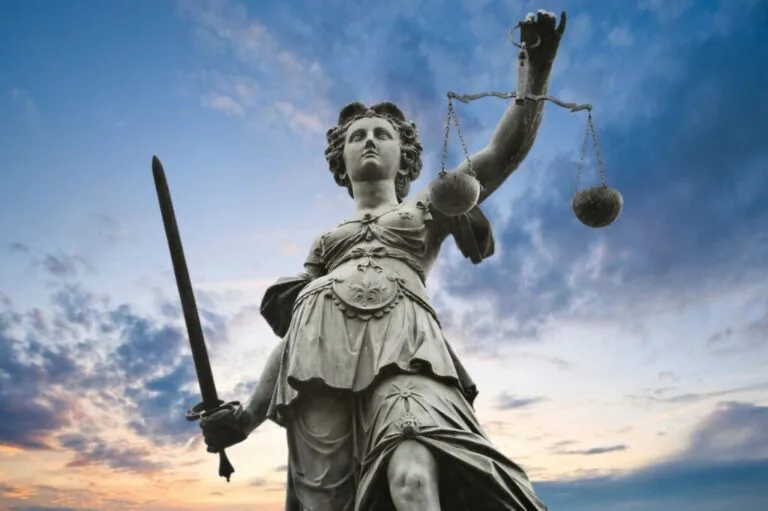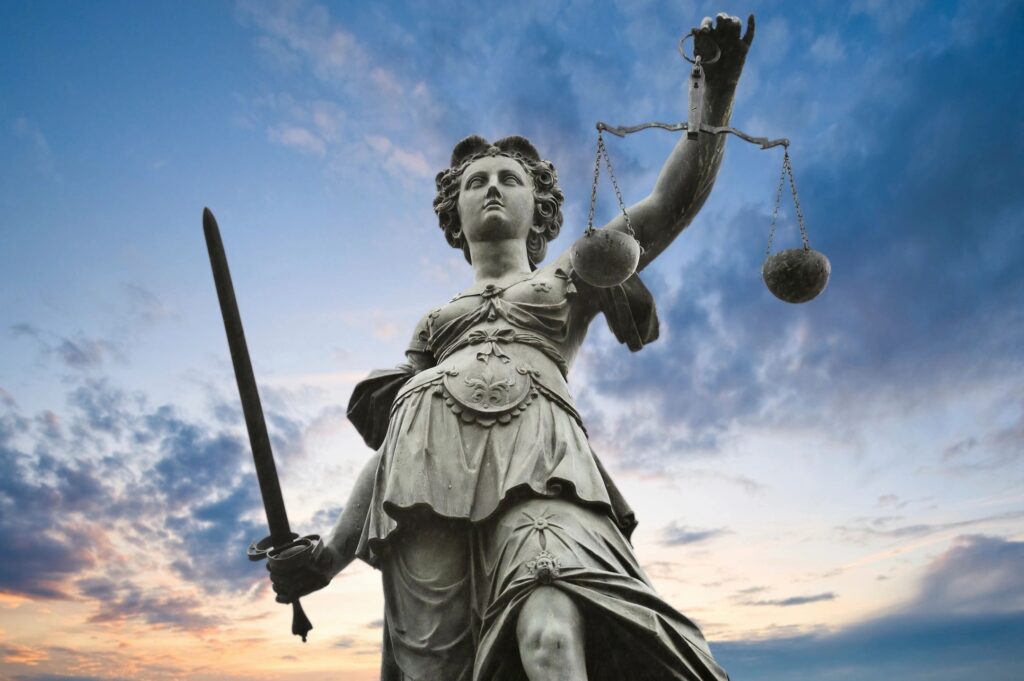In light of the COVID-19 pandemic, New York Preliminary Hearings are once again making an appearance in state courts. Although Grand Juries typically decide whether there is enough evidence to charge an individual with a felony, Grand Juries have been suspended due to COVID-19. A preliminary hearing involves the judge hearing testimony presented by the prosecutor in order to determine if there is probable cause to believe whether an individual committed a felony.
Bail: CPL 180.80 and Grand Jury Action
In the pre-COVID-19 times, if an individual was arrested and charged with a felony, after arraignment the matter was adjourned for Grand Jury Action. Under New York State Law, felonies (cases punishable by more than 1 year in jail) must be presented to the Grand Jury. A Grand Jury is composed of 16 to 23 individuals who are serving jury duty and its function is to hear evidence presented by the prosecutor to determine if there is sufficient evidence to charge someone with a crime.
When the Judge sets bail on a felony matter at the criminal court arraignment, the matter is adjourned for what’s called 180.80 date. That term comes from Criminal Procedure Law Section 180.80, which mandates that an individual charged with a felony complaint must be released if the prosecutor does not obtain an indictment from the Grand Jury within 120 hours of the arraignment. That converts to five days.
When a judge releases someone at the arraignment under non-monetary conditions (no bail), the matter is also adjourned for Grand Jury Action. However, Criminal Procedure Law 180.80 does not apply individuals who are released on their own recognizance or without bail. Therefore, as the prosecutors don’t have a time crunch to present those cases to the Grand Jury, the next appearance is typically scheduled 1 – 3 months after the arraignment.
New York Preliminary Hearings During COVID-19
In the past few months, Grand Juries, especially those sitting within the five boroughs of New York City, have been suspended. Truthfully, it is hard to imagine finding enough people who feel comfortable serving on the Grand Jury with COVID-19 rates gradually increasing across New York State. Without the availability of the Grand Jury, the prosecutor is unable to obtain indictments and thus meet the Government’s CPL 180.80 obligation. This is where New York Preliminary hearings come in.
A New York Preliminary hearing does not replace the function of the Grand Jury in terms of returning an indictment. However, the Preliminary Hearing determines whether someone’s bail from the criminal court arraignment needs to be reduced or eliminated completely due to lack of evidence against someone.
When is the Preliminary Hearing Conducted?
A preliminary hearing is conducted within the same time frame as Grand Jury 180.80. That is 120 hours (5 days) after the criminal court arraignment. In some situations, defense counsel is able to “waive” or adjourn the New York preliminary hearing to a later date. That is done for strategic reasons – such as working out a plea, or getting more time to investigate the case and speak to the client about what happened.
How is a New York Preliminary Hearing Conducted?
New York Preliminary hearings are conducted by a Judge who is tasked with determining if there is probable cause to believe that an individual committed a felony offense. When someone is charged with multiple felonies on the same case, or has multiple felony cases, the Judge only needs to determine that a single felony was committed to keep the bail from the criminal court arraignment in place.
With that being said, the evidence that the prosecutor presents at the New York Preliminary Hearing as well as which felony charge the prosecutor seeks to establish is solely within the prosecutor’s discretion. Preliminary hearings are typically conducted through video conferencing, such as Microsoft Teams or Zoom. The client is connected through video from Rikers or another detention facility where s/he is being housed.
Order of Testimony in New York Preliminary Hearing
The prosecutor calls witnesses who testify about what happened in order to establish to the presiding judge that there is reasonable cause to believe that an individual committed a felony. After the prosecutor’s case, defense also has an opportunity to call witnesses. The defendant can testify at the preliminary hearing. Whether one testifies on their own behalf is a strategic decision. That is because in some situations, testifying at the preliminary hearing locks you into the story and thus limits the potential defenses you may have at trial. Both sides are also allowed to submit evidence in the form of exhibits to the Court.
How Long is a New York Preliminary Hearing?
Preliminary hearings are relatively short. Usually, the Court allows 1.5 to 2 hours to conduct the hearing. Due to the time constraints, the Courts often require both sides to waive opening statements and closing statements. Defense counsel is usually given about 30 minutes before the start of the preliminary hearing to interview the client. Frequently, the defense is also given a break after the Government rests their case to discuss the case with the client and determine whether the client would like to testify.
Does the Defendant Have a Right to Be Present During a New York Preliminary Hearing?
Defendants have a right to be present at their preliminary hearings. However, in cases where identification of who committed the crime is at issue, it is prudent for the attorney to waive the client’s appearance at the preliminary hearing. That is done to avoid a suggestive identification procedure by the complainant, that may later hurt the client down the road.
When Does the Judge Decide?
The Judge decides whether probable cause exists that the individual committed a felony right after both sides rest. So the decision is made immediately after both sides present evidence. As mentioned above, oftentimes the Judge requires that closing statements (opening statements too) be waived due to time constraints.
After conducting the preliminary hearing, the Judge will either:
- Keep the bail the same if the prosecutor makes out probable cause;
- Lower the bail (in some cases down to $0) if the prosecutor fails to meet their burden of proof.
The matter will then be adjourned to a later date for Grand Jury Action. Once again, the Judge does not replace the function of the Grand Jury in terms of sting an indictment. Rather, the Judge’s function at the preliminary hearing is to determine whether there is probable cause to believe that the individual committed a felony.
Contact Top Rated New York Criminal Defense Attorneys
If you or your loved one is charged with a felony offense and you need counsel to conduct the preliminary hearing, please contact us to schedule your consultation. We have done a large number of these in the past few months.


